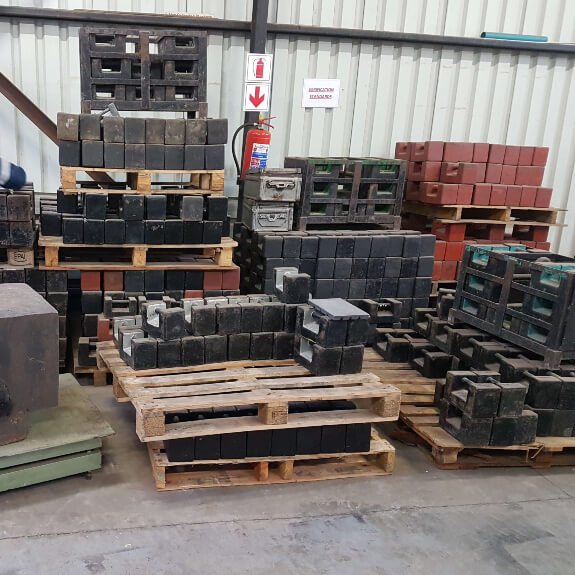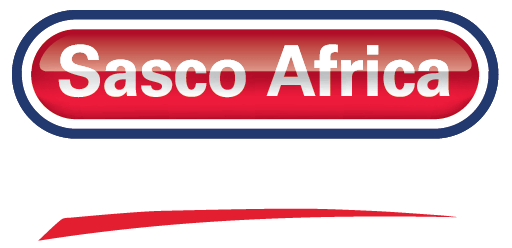
Calibration is a term that often gets thrown around in the industrial sector, but its significance cannot be overstated. In the world of weighing systems and scales, calibration is the bridge that ensures accuracy and reliability. It’s a process that aligns a scale’s output with a known standard, ensuring that when you weigh an object, you’re getting a precise measurement.
For businesses, especially those in the industrial and commercial sectors, a minor error in measurement could translate to significant losses or errors in operation. Imagine transporting goods, mixing ingredients for a large batch of products, or assessing the weight of raw materials – the repercussions of even a small miscalculation could be detrimental. Calibration ensures that these errors are kept to an absolute minimum.
Moreover, maintaining calibrated weights is not only a matter of business efficiency but often a regulatory requirement. Many industries must comply with strict standards set by governing bodies, and adhering to calibration protocols can be paramount in ensuring that compliance is met.
The Science Behind Weight Drift
Over time, scales, regardless of their robustness, tend to ‘drift’ from their original settings. Factors such as wear and tear, environmental conditions like temperature and humidity fluctuations, or even daily usage, can impact the precision of a scale. This phenomenon, termed “weight drift”, is why weights require periodic calibration.
For instance, a scale situated in an area with wide temperature variances might give a different reading in the sweltering midday sun compared to the cooler early morning. The materials in the scale expand or contract slightly with temperature, which can influence the measurements. Similarly, the physical stress a scale undergoes during daily operations – be it from frequent use, heavy loads, or accidental bumps – can compromise its precision.
By regularly calibrating the weights, these potential discrepancies are identified and corrected. It brings the scales back to their optimal performance, ensuring consistency and reliability in measurements, regardless of external factors.
Boosting Business Credibility and Trust
Calibration does more than ensure accurate measurements; it plays a vital role in building and maintaining trust with clients and stakeholders. A business that can confidently say their weighing systems are calibrated to the highest standards showcases commitment to quality and accuracy.
When clients or partners see that a company prioritises calibration, it instills a level of confidence. They can trust that the products or services they receive are of a certain standard. This trust isn’t just a nice-to-have; it’s a competitive edge. In industries where precision is key, having a reputation for accuracy can set a company apart from its competitors.
In conclusion, while calibration might seem like a routine or mundane task, its implications are far-reaching. Ensuring that weights are calibrated isn’t just about ticking off a checklist; it’s about accuracy, trust, and maintaining the highest standards of business operations.


